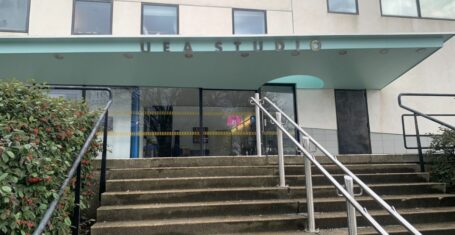
UEA students lead the way with new green research
Schools in London are set to become more energy smart thanks to research conducted by UEA students
Businesses, educators and policy makers are meeting today to launch an energy efficiency schools pilot conducted by students from the University of East Anglia’s unique Strategic Carbon Management MBA.
The ‘Green School Giving’ project will be released at Toynbee Hall in London and will include guest speeches by representatives from Standard Chartered Bank, Carbon War Room and Carbon Trust.
The pilot hopes to seek investment from the private sector to improve energy efficiency within schools whilst also offering the businesses the chance to combine a sound investment with the opportunity to show their responsibilities to the environment in which they operate.
The UEA MBA team worked alongside the London Borough of Merton in order to create the pilot.
MBA student Nicholas Ceasar said: “The UEA MBA team is excited to be working with Merton Council by leveraging our expertise and network to build a bridge with London’s Corporate Community to help schools deliver a high quality low carbon learning environment for children, keep school running costs down, and meet our collective commitments on climate change.
“It is paramount that learning facilities reflect and enable children to become sustainable citizens early on and complement their education on climate change.”
UEA’s Strategic Carbon Management MBA is the first of its kind in the world, and focuses on the relationship between climate change and the business environment.
The course leader, Dr Gideon Middleton, said: “At UEA we opt to challenge our MBA students to undertake consultancy work instead of writing final dissertation. We are proud our students have risen to the occasion, contributing to society with real solutions. Low-carbon schools deliver many benefits for children, society and the environment, whilst helping to cut costs as well.”
Carbon Trust estimates that the UK schools have an annual energy bill of around £543 million, which could be cut by a quarter through energy efficiency improvements.
It is hoped that the money saved can be used to improve education and funding for other activities within the school environment.









































